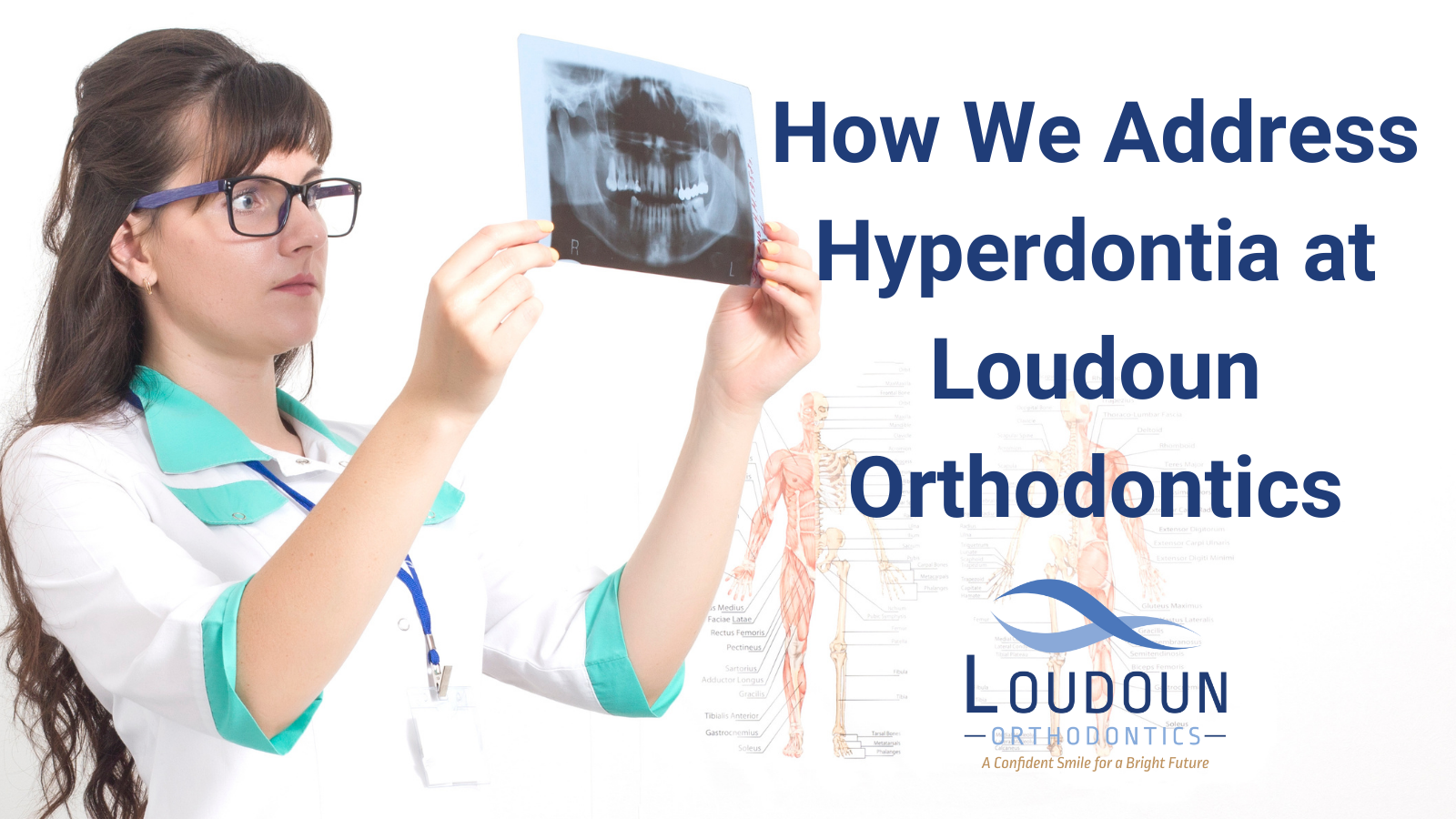These teeth can take any position in the mouth, and they can vary significantly in size. While some individuals with hyperdontia may not even realize they have this condition, it can cause several problems such as pain and discomfort for others.
Table of Contents
What Are the Symptoms of Hyperdontia?
The most apparent symptom of hyperdontia is the presence of extra teeth. However, these teeth haven’t fully grown yet in some cases and can only be seen through a routine dental X-ray. Hyperdontia is also twice as common in men as in women.
Most hyperdontia cases only have 1-2 extra teeth popping up. These teeth may grow in the following places:
Paramolar: Paramolars are the extra teeth growing next to one of your molars, located at the back of your mouth.
Distomolar: Distomolars are extra teeth that grow in line with your other molars rather than around them.
Mesiodens: A mesiodens is the extra tooth that grows behind or around your incisors and is also the most common type of supernumerary teeth you will find in individuals.
What Are the Causes of Hyperdontia?
So, why do people get extra teeth anyway? The exact cause of hyperdontia is still unknown, but several studies have linked them to hereditary factors.
- Gardner’s syndrome: A rare genetic disorder that causes tumor growth in the colon, skin, or skull.
- Fabry disease: A severe genetic disorder that causes pain in the hands and feet, a decreased ability to sweat, gastrointestinal problems, skin rashes, and hearing loss.
- Ehlers-Danlos syndrome: An inherited disease that weakens your connective tissue and makes your skin bruise easily.
- Cleidocranial dysplasia: This rare condition causes abnormal development of the bones, skull, and teeth.
- Cleft palate and lip: A congenital disability that causes an opening or split in the mouth or upper lip, leading to difficulty in eating or speaking.
What Are the Risks of Hyperdontia?
Untreated hyperdontia can lead to several dental problems. One of the most significant risks is that the teeth can become misaligned and crowded. Hyperdontia can cause problems with chewing and speaking and lead to tooth decay and gum disease. In some cases, if the extra teeth are not removed, they can impact the growth of the surrounding teeth.
Hyperdontia can also cause problems with chewing and swallowing, making cleaning teeth difficult. In some cases, hyperdontia can even lead to TMJ (temporomandibular joint) problems.
How Is Hyperdontia Treated?
Some cases of hyperdontia don’t need treatment at all. However, the most common solution to fix hyperdontia is removing the extra teeth through surgery. Hyperdontia surgery removal is usually recommended when hyperdontia causes:
- Eating difficulties;
- Gum pain and disease;
- Pain from overcrowding teeth;
- Insecurity with the way your teeth look.
If you only have mild discomfort from hyperdontia, taking nonsteroidal anti-inflammatory drugs (NSAIDs) like ibuprofen is enough to alleviate the pain.
Schedule your COMPLIMENTARY Consultation!
Choose Loudoun Orthodontics for Your Orthodontic Treatment!
If you are experiencing hyperdontia, don’t hesitate to talk to your dentist. With proper treatment, you can manage this condition and enjoy a healthy smile!
At Loudoun Orthodontics, we strive to ensure you have a beautiful smile for life. Reach out today to book a free, easy consultation at our friendly office in Lansdowne, VA! We also invite you to keep up with our blog to get answers to many of the frequently asked questions about maintaining sparkling oral health!

